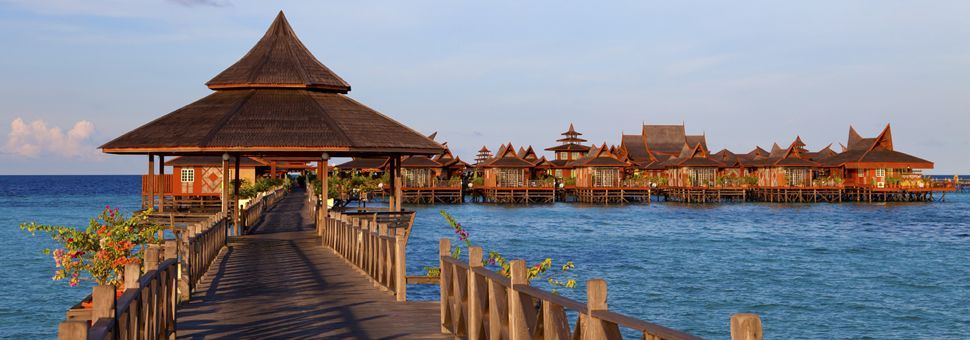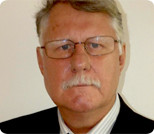How Countries Can Avoid the Middle-Income Trap
Studies by the World Bank point out that only 13 countries out of 101 middle-income economies in 1960 had become high-income countries by 2008. This phenomenon is known as “the Middle-income Trap”. An emerging economy finds itself in the middle-income when it falls into a prolonged stagnation after its high-growth phase during the economic take-off has ended. With the long-lasting recession of Brazil and the decline of the growth rates of China, the concept has gained new relevance.
The World Bank defines currently the middle-income range as an annual income per capita from more than 1,006 $ to under 3,955 $ for the lower middle-income countries, and a range of more than 3,956 $ and under 12,235 $ for the upper middle-income countries. This categorization covers a series of large countries such as Argentina, Brazil, and China (upper middle-income) and India, Indonesia, Pakistan, and the Philippines (lower middle-income).
Which of these countries will make it and become an upper-income (or return to high-income, as it would be the case with Argentina) is still open, yet it won’t be those countries that will hang on to state capitalism and interventionism but those that will embrace entrepreneurial capitalism.
Remaining stuck in the middle-income trap means that the country has not succeeded in changing its development strategy from an accumulative and imitative economy to a competitive, entrepreneurial, and innovative economy. Plain imitation of the technologies of the advanced economies generates high returns only when the income gap between the emerging economy and the advanced countries is large.
When the breach to the leading economies narrows, imitation becomes less viable and the emerging economy must innovate on its own. As the advantages of simply copying the technologies vanishes, the new growth trajectory requires trial and error, which demands much more sophisticated skills than mere reproduction. Instead of state capitalism, the emerging economy needs the flourishing of entrepreneurial spirit.
When the economic take-off had come along with the expansion of state activity, the presumption often prevails that more state control instead of less is the way out of the stagnation. Yet this is the recipe for disaster. The consequence of such a policy is not economic growth but clientelism, corruption, and the misallocation of resources.
To get out of the middle-income trap, the country must change from the imitative economy to an innovative economy. Instead of a top-down transformation, the economy needs to blossom from below. Such a transformation requires the liberalization of the regulatory and bureaucratic obstacles that gag entrepreneurial activity.
Expansionary fiscal and monetary policies only worsen the recession. Instead of moving the country out of the middle-income trap, these policies prolong the stagnation. It gets even worse when the government accrues higher budget deficits as a consequence of deficit spending. With less saving available for private investment, such policies obstruct productivity and hinder economic progress.
It remains to be seen which of the countries that are currently stuck in the middle-income trap (such as Brazil) or which are about to fall into it (such as China) will become a high-income country in the next decade. The choice is up to the country itself whether to continues with the interventionism of the state capitalism of the past or move to entrepreneurial capitalism. The verdict from the standpoint of sound economics is clear: only those countries will achieve high-income status that make the shift to entrepreneurial free market capitalism.











